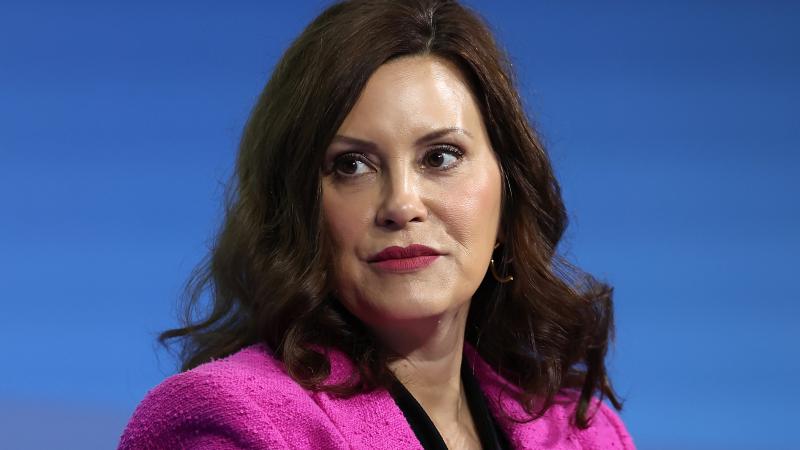New York bill would criminalize 'false statement of fact ... likely to endanger' the public
Law professor dubs lawmaker's rationale "mix of algorithmic conspiracy theory and anti-free speech doublespeak."
A New York Senate bill if passed would criminalize the promotion of content that "includes a false statement of fact or fraudulent medical theory that is likely to endanger the safety or health of the public."
Democratic state Sen. Brad Hoylman introduced S7568 on Dec. 3 and promoted it again this week ahead of "the Anniversary of the January 6 Insurrection," claiming it would "Hold Tech Companies Accountable for Promoting Vaccine Misinformation & Hate Speech on Social Media."
The legislation, which is still being considered in a committee, doesn't implicate Section 230 of the Communications Decency Act, which shields tech platforms from liability for content posted by their users, because it "focuses on the active choices these companies make when implementing algorithms designed to promote the most controversial and harmful content," Hoylman's office said.
Prioritizing such content "has real life costs to public health and safety," he said. "So when social media push anti-vaccine falsehoods and help domestic terrorists plan a riot at the U.S. Capitol, they must be held accountable."
The bill authorizes the state attorney general and lawyers for New York localities to bring state or federal lawsuits to punish violations, and for individuals, businesses and associations harmed by violations to sue for damages.
While Holyman focuses on social media companies and their algorithms as his target, the bill also explicitly applies to individuals who post content deemed "likely to endanger" the public.
George Washington University law professor Jonathan Turley called the state senator's rationale for the bill "perfectly Orwellian. It treats the failure to censor as being a participant in 'disinformation.' " He called the press release a "mix of algorithmic conspiracy theory and anti-free speech doublespeak."
The bill criminalizes whatever is deemed false in the moment "despite the continuing debates over issues like the efficacy of masks or vaccine protocols," Turley wrote in a blog post. "Absurd claims of the law or science" are far less dangerous than "rising levels of censorship."
















